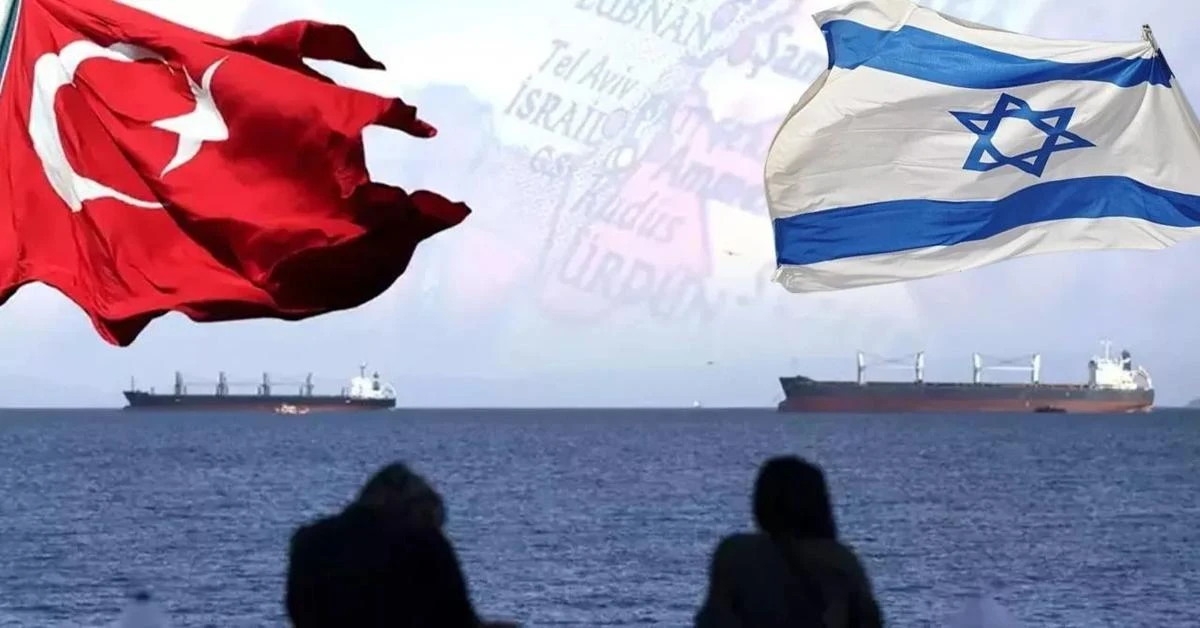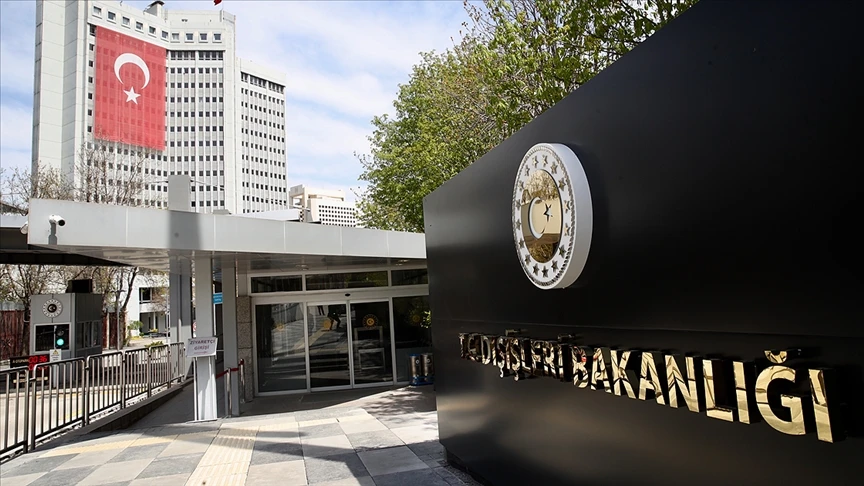Türkiye advocates for strong global response against Israel

Türkiye intensifies its diplomatic and legal actions against Israel, urging global leaders to follow suit as Ankara prepares to join a genocide lawsuit against Israel
By Yesim Erarslan — International law expert associate professor Hakan Erkiner discussed Ankara’s significant leadership with its recent actions, suggesting that if other nations follow suit, the impact would be substantial.
Despite Hamas agreeing to a cease-fire, Israel continued its attacks on Rafah, prompting global scrutiny on Western nations’ responses. In light of President Recep Tayyip Erdogan’s call for Western powers to pressure Israel, Türkiye has escalated its diplomatic efforts.
Türkiye is not only preparing to join a genocide lawsuit against Israel at the International Court of Justice, initiated by South Africa but is also pushing for decisive action from states within organizations it is part of, such as the Organization of Islamic Cooperation and the Organization of Turkic States. Erkiner emphasizes the crucial need to confront Israel for the sake of humanity, highlighting Türkiye’s consistent and vocal opposition to Israel across various platforms.
Erkiner also emphasized the legal possibilities for states to exert pressure on Israel through commercial or economic measures, termed “countermeasures.”
He stated, “If countries take strong countermeasures against Israel, it will create significant pressure. Türkiye has done this and should not be left alone. Ankara has shown serious leadership in foreign policy, practically demonstrating our leadership globally with our stance in the Organization of Turkic States and the Organization of Islamic Cooperation.”
Highlighting the broader implications, Erkiner warned, “If you succumb to Zionism, you cannot defend your democracy either.” He noted that historically, countries critical of Zionism have faced coups or similar threats. He asserted that Türkiye’s stance is not only a bold move forward but also a necessary defense of its democratic regime and long-term development.
Erkiner highlighted the sacrifices at stake, noting Türkiye’s status as Israel’s primary steel exporter, with contracts valued in the millions of dollars. Despite this economic interest, Türkiye made the decision to impose these measures, prioritizing the well-being and future of its people. This underscores a critical sacrifice deemed necessary by Türkiye.
The Israeli media has expressed concerns that Ankara’s steps might trigger a domino effect. As of 2023, Tel Aviv, which purchases $5.5 billion worth of goods annually from Türkiye, anticipates significant challenges with the halt of trade, especially affecting the construction sector.
Altay Atli, a faculty member at Koc University, remarked, “Undoubtedly when viewed as a response to the tragedy in Gaza, this measure transcends its commercial aspect. It signifies both time and financial loss for Israel, increasing costs for consumers and producers and strengthening inflationary pressures. This situation could prompt other countries to impose trade restrictions on Israel as well.”
Türkiye’s assertive actions signal a potentially transformative moment in international diplomacy, with Ankara actively shaping the discourse and potentially influencing broader international responses to Israel’s policies.



